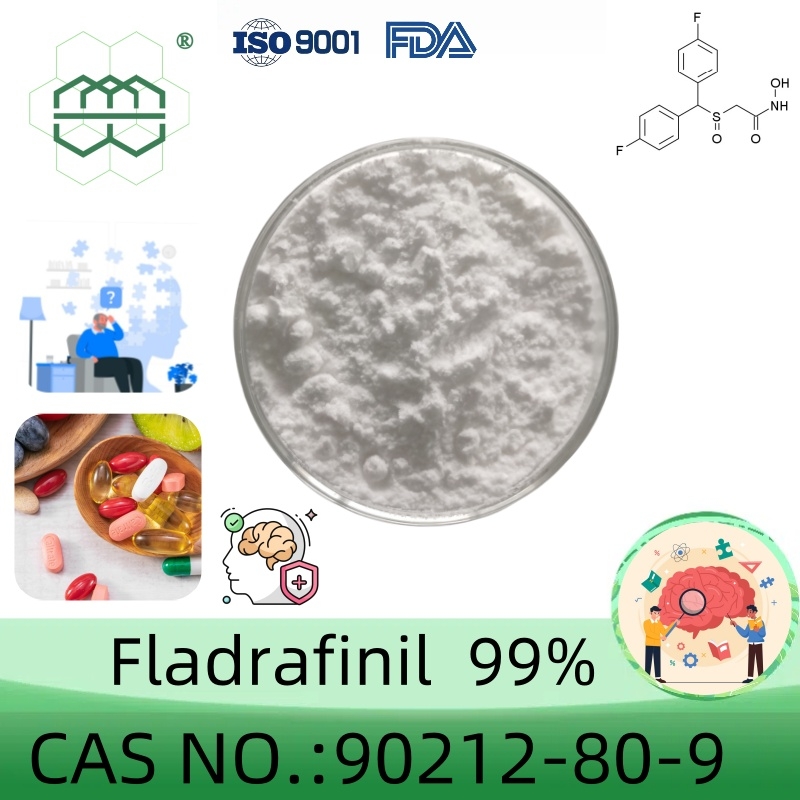-
Categories
-
Pharmaceutical Intermediates
-
Active Pharmaceutical Ingredients
-
Food Additives
- Industrial Coatings
- Agrochemicals
- Dyes and Pigments
- Surfactant
- Flavors and Fragrances
- Chemical Reagents
- Catalyst and Auxiliary
- Natural Products
- Inorganic Chemistry
-
Organic Chemistry
-
Biochemical Engineering
- Analytical Chemistry
-
Cosmetic Ingredient
- Water Treatment Chemical
-
Pharmaceutical Intermediates
Promotion
ECHEMI Mall
Wholesale
Weekly Price
Exhibition
News
-
Trade Service
In an article published in the New England Journal of Medicine, the researchers compared the performance of the artificial pancreas to "sensor-enhanced pump therapy
The management of type 1 diabetes is challenging for young children due to a number of factors, including the high variability in required insulin levels, individual children's response to therapy, and their unpredictable eating and activity patterns
To control blood sugar levels in children, doctors are increasingly using devices that continuously monitor blood sugar levels and deliver insulin through a pump that delivers insulin through a catheter inserted into the skin
The current technology -- sensor-augmented pump therapy -- requires parents to use a monitor to check their child's blood sugar levels and then manually adjust the amount of insulin the pump delivers to the child
Professor Roman Hovorka Wellcome - MRC School of Metabolic Sciences at the University of Cambridge has developed an app – CamAPS FX, which, coupled with blood sugar monitoring and an insulin pump, acts as an artificial pancreas, automatically adjusting the amount of insulin provided based on predicted or real-time blood sugar levels
Prof Hovorka explained: "CamAPS FX uses past experience to predict what it thinks is likely to happen next
Prof Hovorka and an international team of researchers conducted the study at seven research centres in the UK and Europe, and they recruited 74 children aged 1-7 years with type 1 diabetes to participate in the trial
On average, children using CamAPS FX spent about three-quarters of their day (71.
When using CamAPS FX, these children had elevated blood sugar levels less than a quarter of the time (22.
The app lowered average blood sugar levels -- a measure of a molecule called glycated hemoglobin (HbA1c)
At baseline, the average glycated hemoglobin level was 7.
The study's lead author, Dr Julia Weir, also from the Wellcome Medical Council's Institute of Metabolic Sciences, said: "Very young children are very vulnerable to changes in blood sugar levels
CamAPS FX improved on several measures, including hyperglycemia and average blood sugar levels, but did not increase the risk of hypos
One of the biggest challenges reported by families of children with type 1 diabetes is poor sleep quality due to variability in nighttime insulin requirements and parental fear of hypoglycemia highest
Dr Weir added: "Parents describe our artificial pancreas as 'life-changing' because it means they can relax and spend less time worrying about their children's blood sugar levels, especially at night
CamAPS FX is already making a difference in the lives of children and their families
Professor Hovorka added: "It took more than a decade to go from the first clinical trial of our algorithm to today's discovery, but the dedication of my team and the support of all the children and families involved in our research has paid off.
"We believe that our artificial pancreas will change the lives of families with children with type 1 diabetes
.
"
CamAPS FX has been shown to be effective in older children and adolescents with type 1 diabetes
.
Today's study is the first to demonstrate that it is effective for more than a few months in very young children
.
The research was funded by the European Commission's Horizon 2020 Framework Programme, with additional support from the NIHR Cambridge Biomedical Research Centre and JDRF
.
CamAPS FX has been commercialized by CamDiab, a spin-off company established by Professor Hovorka
.
Journal Reference :
Julia Ware, Janet M.
Allen, Charlotte K.
Boughton, Malgorzata E.
Wilinska, Sara Hartnell, Ajay Thankamony, Carine de Beaufort, Ulrike Schierloh, Elke Fröhlich-Reiterer, Julia K.
Mader, Thomas M.
Kapellen, Birgit Rami -Merhar, Martin Tauschmann, Katrin Nagl, Sabine E.
Hofer, Fiona M.
Campbell, James Yong, Korey K.
Hood, Julia Lawton, Stephane Roze, Judy Sibayan, Laura E.
Bocchino, Craig Kollman, Roman Hovorka.
Randomized Trial of Closed-Loop Control in Very Young Children with Type 1 Diabetes .
New England Journal of Medicine , 2022; 386(3): 209 DOI: 10.
1056/NEJMoa2111673







